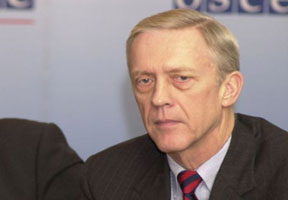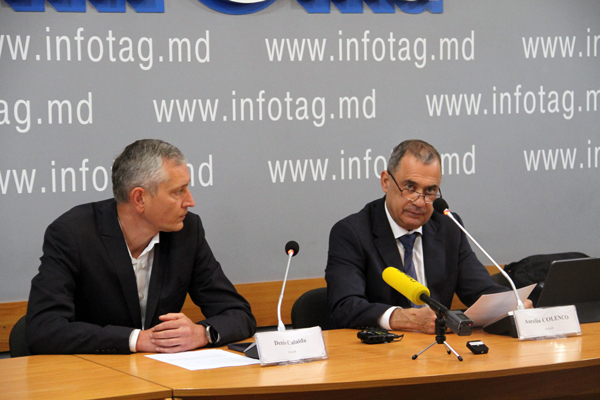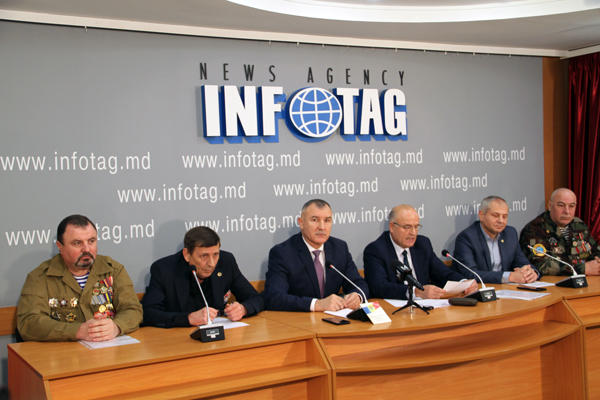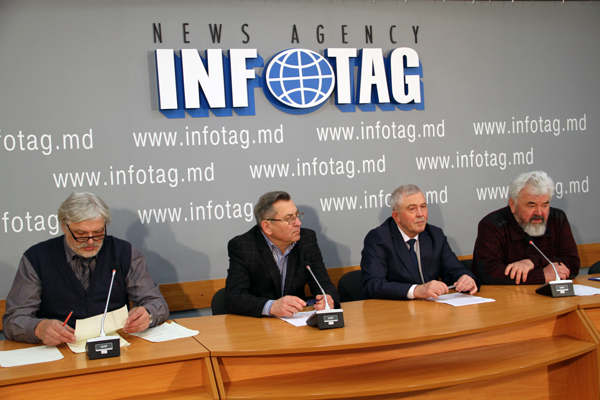Economics
PARLIAMENTARY ELECTIONS DO NOT MEAN CARDINAL CHANGES IN MOLDOVA – FOREIGN EXPERT

The former Head of the OSCE Mission to Moldova William H. Hill maintains that it is unlikely that the 2018 election will alter the fundamental divisions and balance in the Moldovan population.
In his research for the Carnegie Moscow Center, he said that the results of the upcoming elections within the framework of introducing mixed voting system and the continuous split between Moldovan elites are very difficult to be forecasted, as the parties’ stakes on these are high as never before.
“Both the previous presidential voting and most recent public opinion polls show the country almost equally split between advocates of the current pro-EU, pro-West course and a redirected pro-Russia, pro–Eurasian Economic Union orientation”, Hill maintains.
According to him, the question is: Will this pattern hold in 2018?
“The Democratic Party of Moldova (DP) is heading the ruling parliamentary coalition, is controlling the Government and positions itself as a pro-European party. However, it was not able to entirely escape the fallout and popular anger from the 2014 billion-dollar banking scandal, although the bulk of that anger was directed at the Liberal Democratic Party of Moldova (PLDM) and the Liberal Party (PL), which had been members of the previous ruling coalition along with the DP. The Democrats’ politics caused natural popular anger, led to massive popular movement (Moldova’s “Maidan”) and produced two center-right parties – the Party of Action and Solidarity (PAS) and the “Demnitate si Adevar” [DA, “Dignity and Justice”] Party – which currently are the two leading pro-European parties in the polls”, the diplomat said.
He reminded that Plahotniuc is regarded as Moldova’s most corrupt politician, while his party is losing points, giving up pro-European vector positions to the PAS and DA Party.
“It should be also taken into account that regardless that one-half of population supports the EU ideas, this category of citizens was disappointed by actions of recent-years’ political elites, the fact that creates great potential for protest movement. On the other hand, the pro-Russian Party of Socialists of the President Dodon is taking leading positions in terms of citizens’ preferences, while the steadily growing tensions in Parliament and Government’s relations with Russia could portend significant gains for the Socialists and Dodon in the 2018 elections”, the expert maintains.
He also said that Moldova may well also appear to choose a geopolitical direction in the 2018 elections. A victory for the Socialists will undoubtedly be interpreted as a win for Moscow. Conversely, victory for either Plahotniuc’s or Sandu and Nastase’s followers will likely be trumpeted as a win for pro-Western forces.
“However, the façade of political fight is hiding old problems the previous Moldovan authorities failed to resolve no matter their political vector. The republic is losing able-bodied population, its economy depends on the external assistance and labor migrant remittances, ruling elites are highly corrupt and are acting in their own interests. Thus, only real reform, economic growth, and an end to the endemic corruption are likely to change that enduring reality”, Hill maintains.
























Add Comment